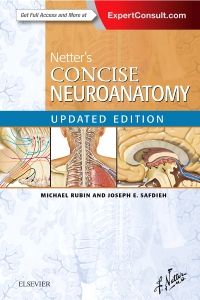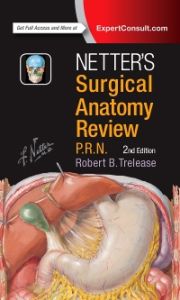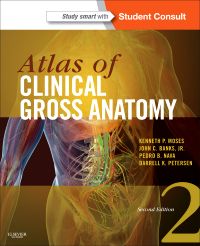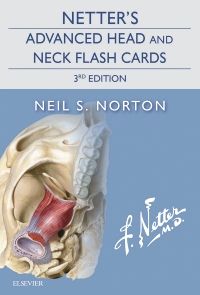Oral Oncology
A Journal Related to Head & Neck OncologyA Journal Related to Head & Neck Oncology
Oral Oncology is of interest to head and neck surgeons, radiation and medical oncologists, maxillo-facial surgeons, oto-rhino-laryngologists, plastic surgeons, pathologists, scientists, oral medical specialists, special care dentists, dental care professionals, general dental practitioners, public health physicians, palliative care physicians, nurses, radiologists, radiographers, dieticians, occupational therapists, speech and language therapists, nutritionists, clinical and health psychologists and counselors, professionals in end of life care, as well as others interested in these fields.
Basic, translational, or clinical Research or Review papers of high quality and that make a contribution to new knowledge are invited on the following aspects of neoplasms arising in the head and neck (including lip, tongue, oral cavity, oropharynx, salivary glands, sinuses, nose, nasopharynx, larynx, skull base, thyroid, and craniofacial region, and the related hard and soft tissues and lymph nodes):
• Etiopathogenesis: natural history of cancer and pre-cancer; basic pathology, metastatic mechanisms; genetic changes; cellular and molecular changes; microorganisms; growth factors, adhesion and other molecules
• Epidemiology; risk factors; biomarkers; protective factors; geographic factors; prevention; screening and intervention
• Clinical features; orofacial effects of neoplasms at both local and distant sites; tumor staging and grading
• Diagnosis; detection of cancer and pre-cancer; cellular and molecular markers for diagnosis; advances in imaging and other functional diagnostic modalities for cancer and pre-cancer
• Management and Prognosis; clinical, cellular and molecular markers for prognosis; treatment options including surgical, lasers, photodynamic therapy, cryosurgery, micro- vascular and other forms of surgery, medical, radiotherapy, chemotherapy, immunotherapy, biological and gene therapy advances; molecular targets and new therapeutics (new cytotonics and molecular-targeted therapies); multimodality treatment; advances in reconstruction and rehabilitation, including flaps and grafts, alloplasty, bone and connective tissue biology; multidisciplinary teamwork in cancer care and oral health care.
• Quality of life issues; issues of consent; psychosocial aspects; patient and health professional information; patient involvement; psychological interventions, improving outcomes; the prevention, diagnosis and management of complications, including, pain, hemorrhage, dysfunction, deformity, osteoradionecrosis, xerostomia, and others; rehabilitation; palliative and end of life care; and support teamwork.
Basic, translational, or clinical Research or Review papers of high quality and that make a contribution to new knowledge are invited on the following aspects of neoplasms arising in the head and neck (including lip, tongue, oral cavity, oropharynx, salivary glands, sinuses, nose, nasopharynx, larynx, skull base, thyroid, and craniofacial region, and the related hard and soft tissues and lymph nodes):
• Etiopathogenesis: natural history of cancer and pre-cancer; basic pathology, metastatic mechanisms; genetic changes; cellular and molecular changes; microorganisms; growth factors, adhesion and other molecules
• Epidemiology; risk factors; biomarkers; protective factors; geographic factors; prevention; screening and intervention
• Clinical features; orofacial effects of neoplasms at both local and distant sites; tumor staging and grading
• Diagnosis; detection of cancer and pre-cancer; cellular and molecular markers for diagnosis; advances in imaging and other functional diagnostic modalities for cancer and pre-cancer
• Management and Prognosis; clinical, cellular and molecular markers for prognosis; treatment options including surgical, lasers, photodynamic therapy, cryosurgery, micro- vascular and other forms of surgery, medical, radiotherapy, chemotherapy, immunotherapy, biological and gene therapy advances; molecular targets and new therapeutics (new cytotonics and molecular-targeted therapies); multimodality treatment; advances in reconstruction and rehabilitation, including flaps and grafts, alloplasty, bone and connective tissue biology; multidisciplinary teamwork in cancer care and oral health care.
• Quality of life issues; issues of consent; psychosocial aspects; patient and health professional information; patient involvement; psychological interventions, improving outcomes; the prevention, diagnosis and management of complications, including, pain, hemorrhage, dysfunction, deformity, osteoradionecrosis, xerostomia, and others; rehabilitation; palliative and end of life care; and support teamwork.














